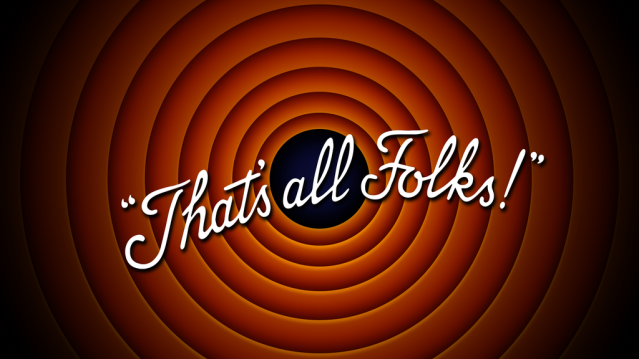
When it comes to philosophies and ideologies, I believe a balance is necessary to create a more understanding person. When asked to choose between the Enlightenment and Romanticism, I believe a balance of both would be the best solution. The two work very well together, such that when using logic and rationality for day to day processes as suggested by the Enlightenment, Romanticism also helps us take a step back and appreciate our ability to use or reasoning to complete such complex tasks.
Learning about these two philosophies helps to greatly explain the structure of our western society today. Many of our ideals and structure stem from these philosophies, especially the way our government is run. It truly is fascinating to see what was proposed in the 1700s is still relevant today. On an overall time scale, however, it makes sense because compared to the billions of years the universe has existed, 200 years is not very much.
I think the most interesting take away from this class is the respect we hold for one another. After listening to Professor Watkins’ lectures, it is truly amazing to see how many of us simply want to be respected. It puts many personality traits and behaviors into a deeper perspective. Another takeaway is that we are one step closer to reunifying ourselves similar to how the Ancient Greeks were unified in their hearts and mind. By continuing to build on the Enlightenment and Romanticism, I believe that one day in the near future, we will have become whole again.



